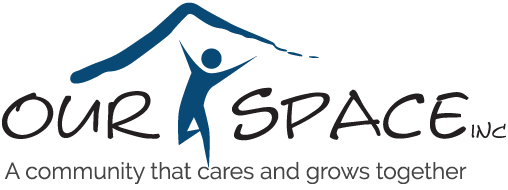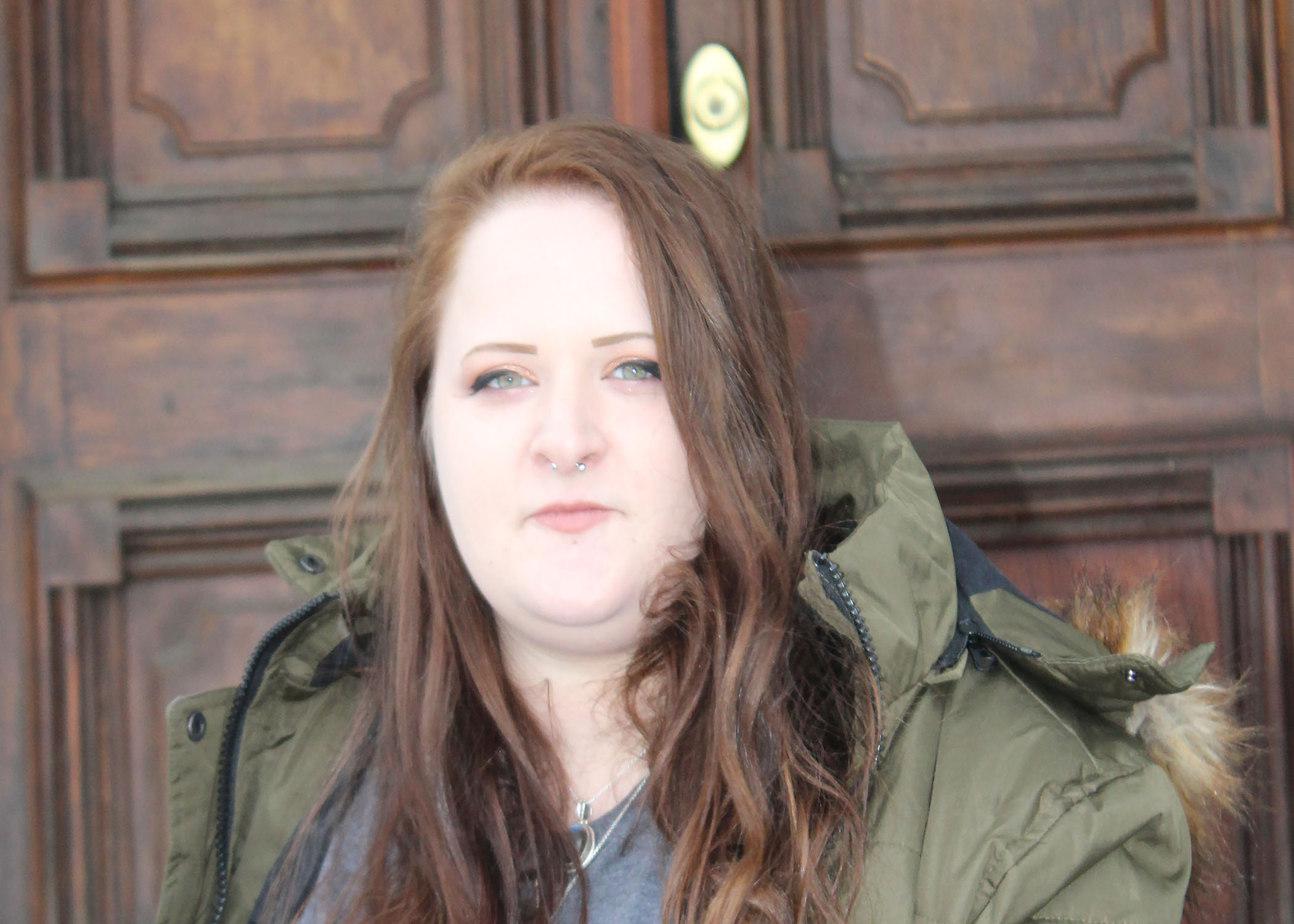
When Jennifer was growing up, it seemed the cards were stacked against her. She lived in poverty, the victim of sexual abuse, diagnosed with countless mental health disorders, and self-medicating with drugs. Jennifer learned at a young age to live up to the predictions people made for her future.
“I was always perceived as the lost cause. All of the ACES [Adverse Childhood Experiences] you could go through, I think I went through most of them,” she notes. Sexual abuse started when she was seven and continued until age 11. At age 12 she started using drugs, often as an escape from the emotional pain she endured. “It started with pills and marijuana, and then drinking and partying. I was reckless and didn’t really care.”
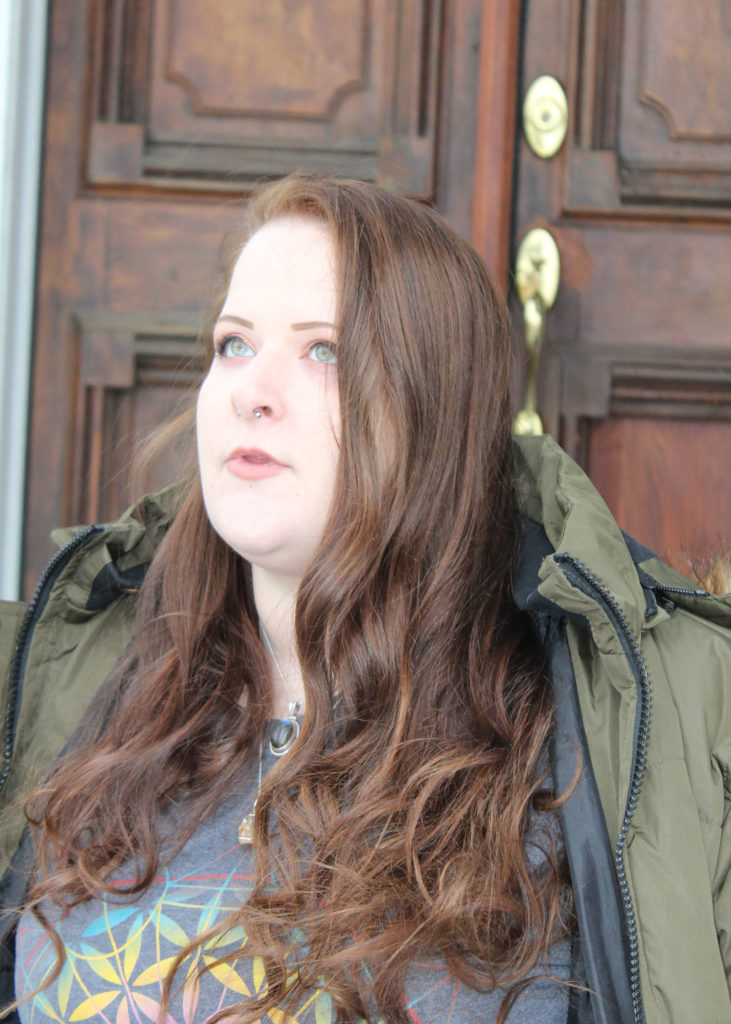
The sexual abuse in her formative years made way for a myriad of mental health diagnoses as she entered her teens. “I was diagnosed with everything; borderline, bi-polar, PTSD. All the diagnoses you could get, I had. And all the medications, I was on them.”
Her lifestyle choices and mental health challenges changed the course of Jenn’s life in profound ways. “I dropped out of school my sophomore year, throwing away an art scholarship to MIAD [The Milwaukee Institute of Art and Design]. I was a promising artist attending the Milwaukee School for the Arts. All I had to do was show up, and a bright future was right in front of me, and then drugs took over, and I gave it all up.”
Jennifer continued following a destructive path, with her drugs of choice getting consistently worse. “I was about 18 when I started to experiment with heroin and then IV use. I was shooting up by the time I was 20,” she shares.
Her mental health issues and addiction issues fed each other. “There were so many things I struggled with, and drugs actually helped me get through. I say to this day that heroin actually did keep me alive for a time, because I would’ve killed myself; it numbed my pain and gave me a false sense of purpose and an escape.” Jennifer also recognizes that she flirted with death every time she shot up. “I knew each time I stuck that needle in my arm, there was a chance that I wouldn’t come back, and I was comforted by this because it would’ve been better than the life I was living.”
In addition to the drugs, she was drawn into criminal activity that was became increasingly more detrimental as her addiction took hold. Jenn’s boyfriend, Drew, enabled these behaviors. “He was with the love of my life and best friend from age 14. We were both into drugs really bad. We fueled each other’s addictions and were metaphorically digging each other’s graves.”
Despite her choices, Jenn was able to maintain a residence and pay her bills. “I was still functioning and paying my rent. We were making a lot of money selling drugs, so we were definitely getting by.” With time, however, her seemingly stable life spiraled out of control. “Whenever you think you are doing good and you got a hustle going, money is coming in and you are staying high, it always falls.”
The up and down cycle gave way to the darkest days of her addiction. “There was a night when my boyfriend and I were really sick from withdrawal. I was going to save the day. I jumped three girls to get money. I thought I got away with it until a few days later when I was arrested on another warrant that I didn’t even know I had.”
In her early 20’s with no prior record, Jenn was identified for the armed robbery, and found herself facing a felony and up to 25 years in prison. “I was really scared,” she recalls. Jennifer sat in jail for a year trying to figure out what she was going to do. Eventually she was given Drug Court, which included weekly scheduled saliva tests with three additional random tests each week, 90 days in-patient treatment at the United Community Center (UCC), five months of day-treatment, and one month of weekly outpatient meetings.
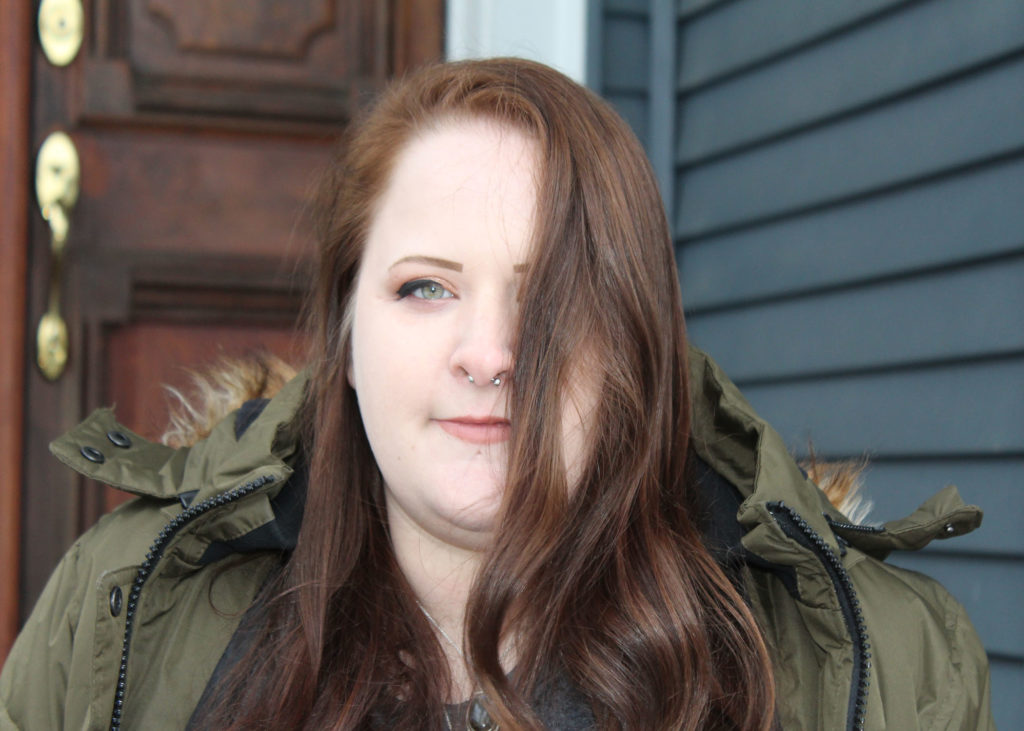
“Drug court is a daunting program. It had a .72 percent success rate. You only picked it up because you thought it was a ticket to get out of jail. I went in gun-ho that I was going to stay with Drew. He was my fiancé, and I was not going to leave him. The UCC counselors told me that it was an unhealthy relationship, but I wouldn’t listen. You can tell someone new in recovery that those old relationships won’t work, but they are not going to listen until they figure it out on their own.”When she finished at UCC Jenn told the court she was living with her mom but went back to Drew instead. “Eventually I relapsed. I watched him shoot up for a couple months with it not bothering me. I thought I had it all handled. I thought I could save him and be strong enough for the both of us. But it didn’t work.”
She began flushing her body with copious amounts of water to remove traces of the drugs. “I thought I had mastered it. But it always catches up, and eventually I started dropping dirty [failing tests], and I just didn’t really care. I remember going into court and being so obviously high. I was constantly in and out of jail for failing my drug tests. They thought I wasn’t going to make it. They thought I was a lost cause. Nobody wanted to work with me. They were afraid of me; thought I was unreachable.”
Then one day she missed a court appearance. That was the day her fiancé died in her arms. “It was the seventeenth time he had overdosed. I was his personal nurse and I brought him back every time.” But she couldn’t bring him back that day. “It is a day I will never forget. I was at a crossroads. I know now if that didn’t change me, nothing would.”
Drew’s death plunged her into a deep depression. “I was trying to join him. That was my plan. After he died everyone was watching me very closely. But they had no idea how on the brink I was.” On the night her parents left for a trip to Minnesota, she used drugs for the last time. “I did a quarter heroin shot, and a half a bottle of Ambien and Xanax. I had it all planned out.
But something told her mom to come back. She found Jenn unresponsive, pulseless, with a needle in her arm. The paramedics performed CPR and brought her back. “If they were any later, I would have been dead.” She woke up in the hospital two days later. “I was so mad that I was still here.”
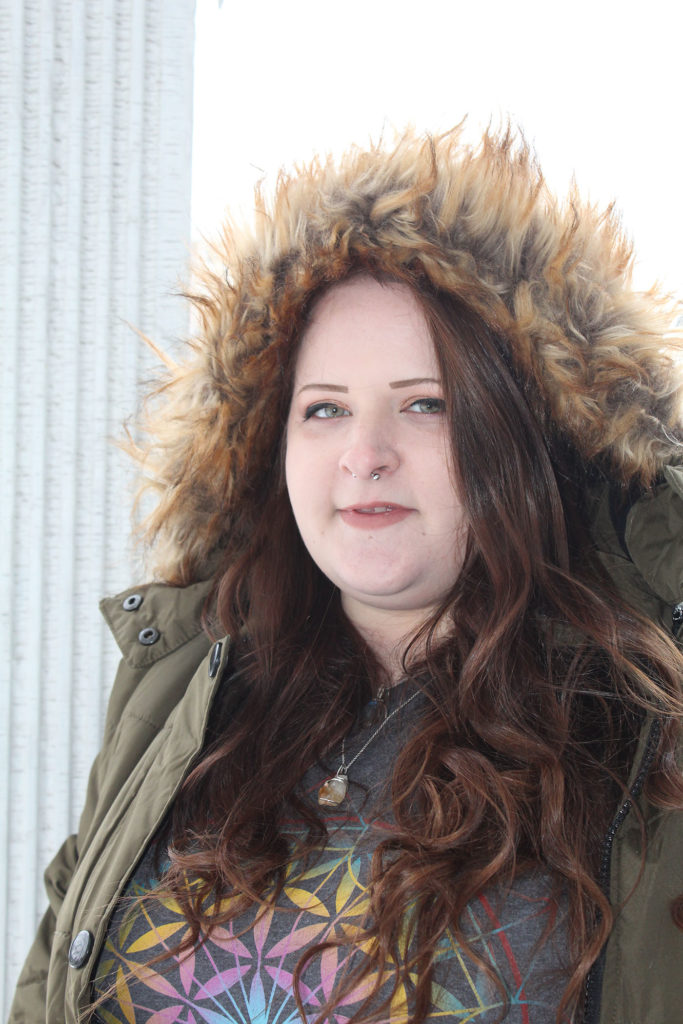
Jennifer had two options, check-into treatment or go back to jail. Her unwillingness to stay in treatment, made the decision for her. She was in jail for two months; two months she now knows saved her life. When a place finally opened at UCC, she was sent back to the Drug Court program. This was the turning point in Jennifer’s story. “I had an awakening. I perceived my life differently. I found meaning in my suffering and Drew’s death. I didn’t want it to be in vain. It needed to matter.”
When she began treatment the second time, Jenn was alone; Drew wasn’t there. “He created so much of my identity. I wasn’t an individual. We were a unit. I had no choice but to do this on my own. I let go of who I thought I was supposed to be, to become who I was meant to be, who I am now. Prior to this, I had a preconceived notion of who I thought I would end up being based on what I had already labeled myself. Before anyone was telling me that I was a lost cause, I was saying it to myself. I am probably the one who created the dialogue for them.”
Jenn dove headfirst into her recovery, leading groups and getting involved at drug court. She eventually became one of the few drug court success stories, finally graduating from the program.
Through her connections at the courthouse and UCC, she was offered a job as a Program Assistant in the Women and Children’s House. “This was my first experience with any type of peer support. I had been where these girls were. They flocked to me because I understood their story.”
“There was a saying when I was in recovery groups ‘don’t leave before the miracles happen.’ I thought it was so cheesy. I laughed and scoffed at it, but then I started seeing the miracles. Now I say it to the people I work with. When I did right things, was sober, and wanted to be better, and become better, doors started to open.”
As she moved forward, the miracles kept coming, and after receiving her peer support certification from the State of Wisconsin, Jenn began working at Our Space as a Peer Support Specialist. “I was working at a few different supportive housing locations, and eventually end up at Pathways for Permanent Housing.” In February 2019, she landed at the newly opened Our Space Parachute House Peer-Run Respite and has been instrumental in helping develop policies and procedures, reporting outcomes, and implementing holistic and alternative approaches to healing.
While connection is one of the things she truly enjoys about her job, her recovery is what drives her “It keeps my recovery in focus. I don’t know if I would have relapsed if I didn’t have this job, but I do know that it keeps staying clean and being true to myself at the forefront of my thoughts. It makes me accountable to practice what I preach. It helps me be a better person and strive to improve daily.”
In the end, her role at Our Space has helped Jennifer rewrite her inner dialogue and gain confidence in what she has to offer this world. “Confidence is something I have always struggled with. Negative self-talk is something I am really good at; but this job has allowed me to come into my own power. Aside from our whole scope of practice and our mission, there is nothing else that compares with being there for people when they are at their lowest and helping them move towards a better version of themselves.”
